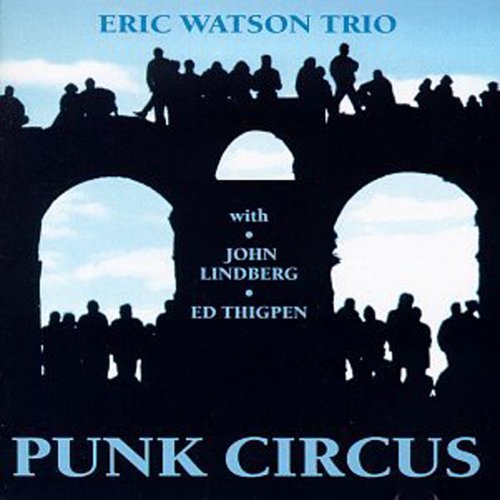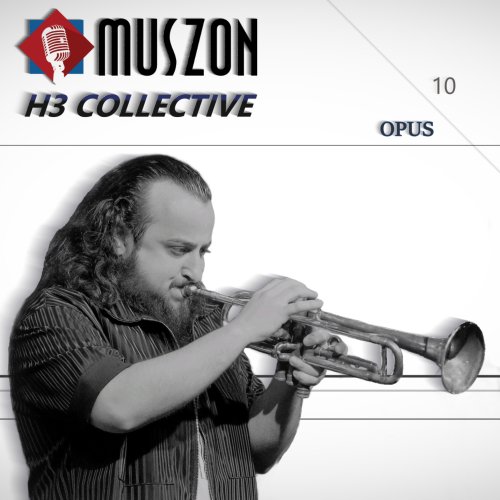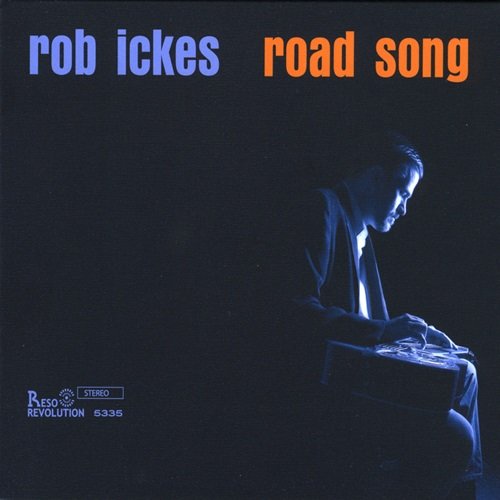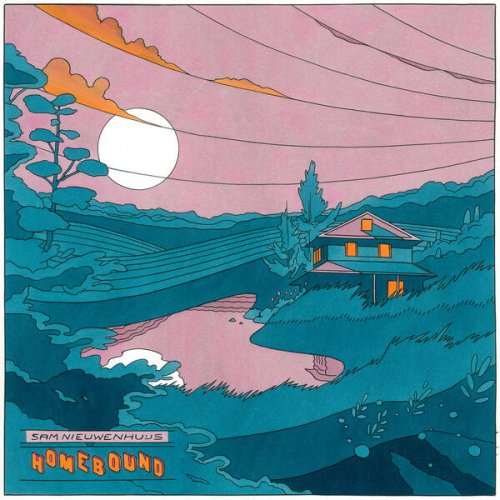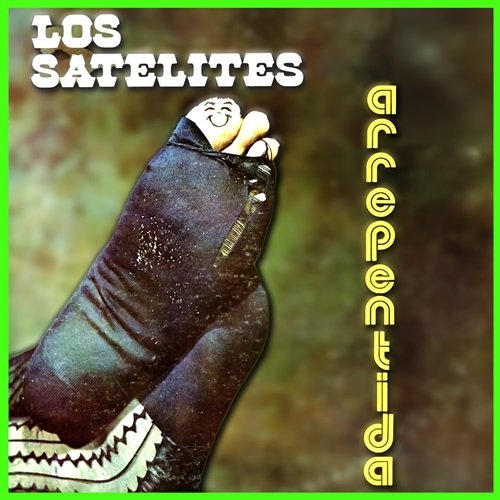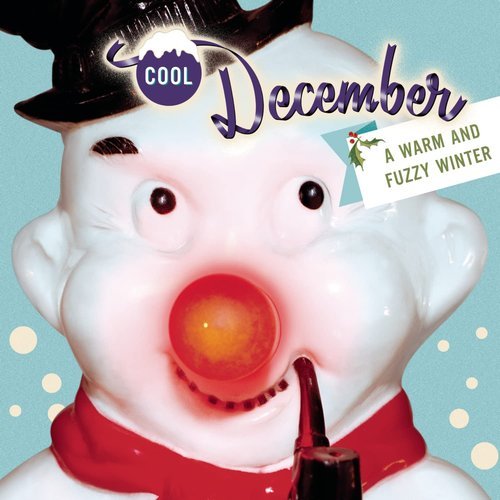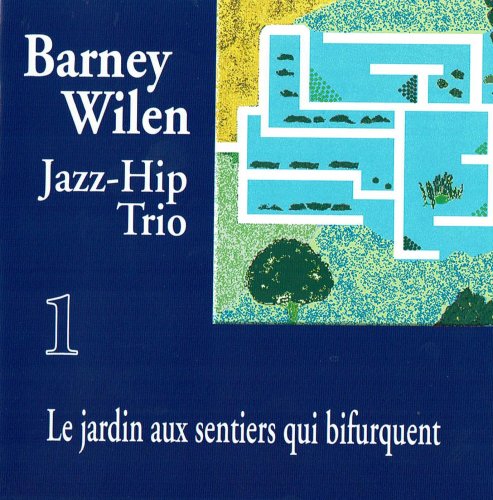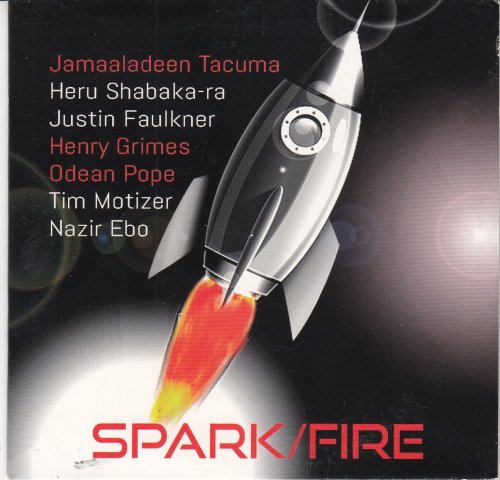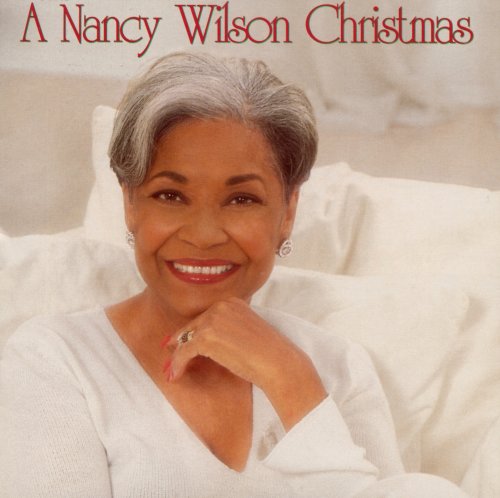Claudius Tanski, Benjamin Schmid, Clemens Hagen, Vincent Lévesque - Henselt: Piano Music (2000)
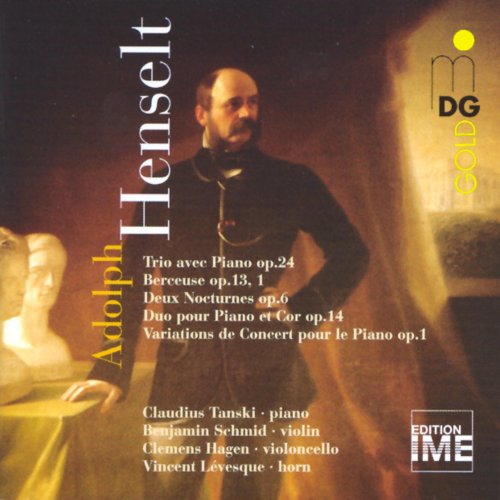
Artist: Claudius Tanski, Benjamin Schmid, Clemens Hagen, Vincent Lévesque
Title: Henselt: Piano Music
Year Of Release: 2000
Label: MDG Gold
Genre: Classical
Quality: FLAC (tracks)
Total Time: 01:04:44
Total Size: 247 Mb
WebSite: Album Preview
Tracklist: Title: Henselt: Piano Music
Year Of Release: 2000
Label: MDG Gold
Genre: Classical
Quality: FLAC (tracks)
Total Time: 01:04:44
Total Size: 247 Mb
WebSite: Album Preview
1. Trio for Piano, Violon and Violoncello in A Minor, Op. 24: I. Allegro ma non troppo 11:40
2. Trio for Piano, Violon and Violoncello in A Minor, Op. 24: II. Andante con moto 04:10
3. Trio for Piano, Violon and Violoncello in A Minor, Op. 24: III. Scherzo. Presto 03:53
4. Trio for Piano, Violon and Violoncello in A Minor, Op. 24: IV. Finale. Allegro non troppo 06:30
5. Berceuse, Op. 13, No. 1 04:27
6 Deux Nocturnes, Op. 6: I. Douleur Chérie 02:39
7. Deux Nocturnes, Op. 6: II. La Fontaine 03:04
8 Duo for Piano and Horn in B Minor, Op. 14: Adagietto - Allegro non troppo 16:02
9. Variations de Concert pour le Piano sur le motif de l'opéra l'Elisire d'Amore de Donizetti, Op. 1 12:19
Performers:
Claudius Tanski (piano)
Benjamin Schmid (violin)
Clemens Hagen (cello)
Vincent Lévesque (horn)
Adolf von Henselt’s music is not well known today outside piano circles. His Piano Trio Op. 24, dedicated to Franz Liszt, is one of the few chamber works he created, and it bears more signs of the performer’s career he left behind than of the influential pedagogue he became. If Henselt’s writing is a little over-the-top in places, the playing on this recording is even more so. The ensemble is occasionally on the heavy side, and MDG’s sound is so direct and open that the performers’ stresses are exaggerated even further. This is evident, for instance, in the closing bars of the first movement exposition and in much of the following development section. What is supposed to be Romantic passion simply becomes overbearing. Overall, there are more passages like this, with plenty of clamoring in the piano part, than there are calmer moments.
Pianist Claudius Tanski’s innate feel for the atmospheric requirements of Henselt’s solo piano music is evident from the opening bars of the Berceuse, an excellent example of the salon music of the period. He produces a very delicate tone that stands out in sharp relief from his more gregarious sound in the Trio, with a tasteful rubato that perfectly straddles the fine line between losing the line and moving on. Vincent Lévesque’s horn in the Op. 14 Duo is too bright, and his sound tends to thin out on long forte notes in the upper register. Melodically, this work is not one of Henselt’s more interesting, and the horn’s tendency to bleat at the crux of certain phrases is distracting.
Tanski’s talent makes the Variations de Concert an enjoyable closer. In this, the aria “Io son ricco e tu sei bella” from Donizetti’s Elisire d’Amore is given the usual 19th century virtuoso treatment by Henselt, but Tanski never gives in to flash. He evokes a broad range of emotions, always managing to keep things from becoming kitsch. By himself, Tanski is worthy of a warm recommendation, but as a whole, this package must remain one for the curious or for interested specialists.
Pianist Claudius Tanski’s innate feel for the atmospheric requirements of Henselt’s solo piano music is evident from the opening bars of the Berceuse, an excellent example of the salon music of the period. He produces a very delicate tone that stands out in sharp relief from his more gregarious sound in the Trio, with a tasteful rubato that perfectly straddles the fine line between losing the line and moving on. Vincent Lévesque’s horn in the Op. 14 Duo is too bright, and his sound tends to thin out on long forte notes in the upper register. Melodically, this work is not one of Henselt’s more interesting, and the horn’s tendency to bleat at the crux of certain phrases is distracting.
Tanski’s talent makes the Variations de Concert an enjoyable closer. In this, the aria “Io son ricco e tu sei bella” from Donizetti’s Elisire d’Amore is given the usual 19th century virtuoso treatment by Henselt, but Tanski never gives in to flash. He evokes a broad range of emotions, always managing to keep things from becoming kitsch. By himself, Tanski is worthy of a warm recommendation, but as a whole, this package must remain one for the curious or for interested specialists.
